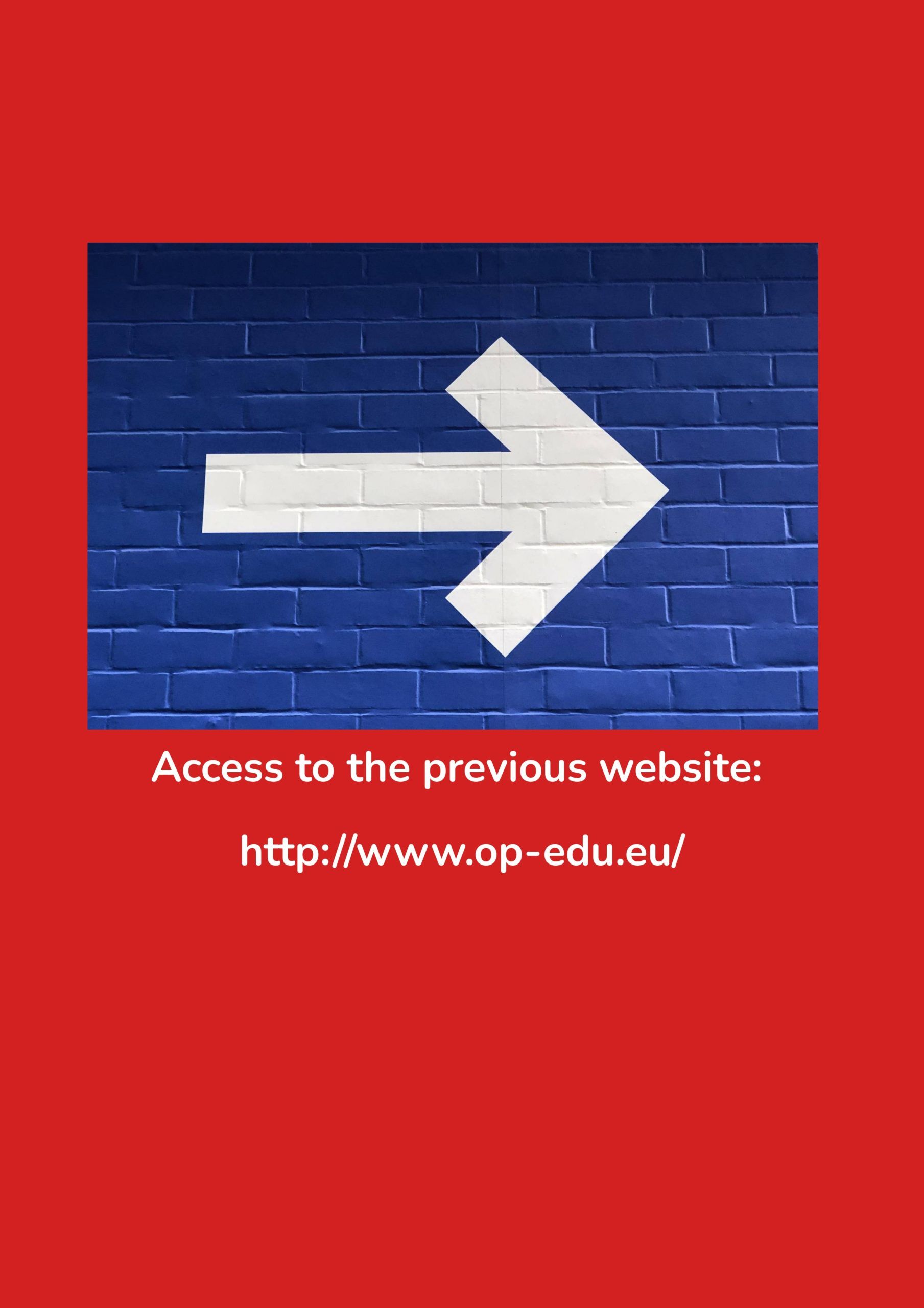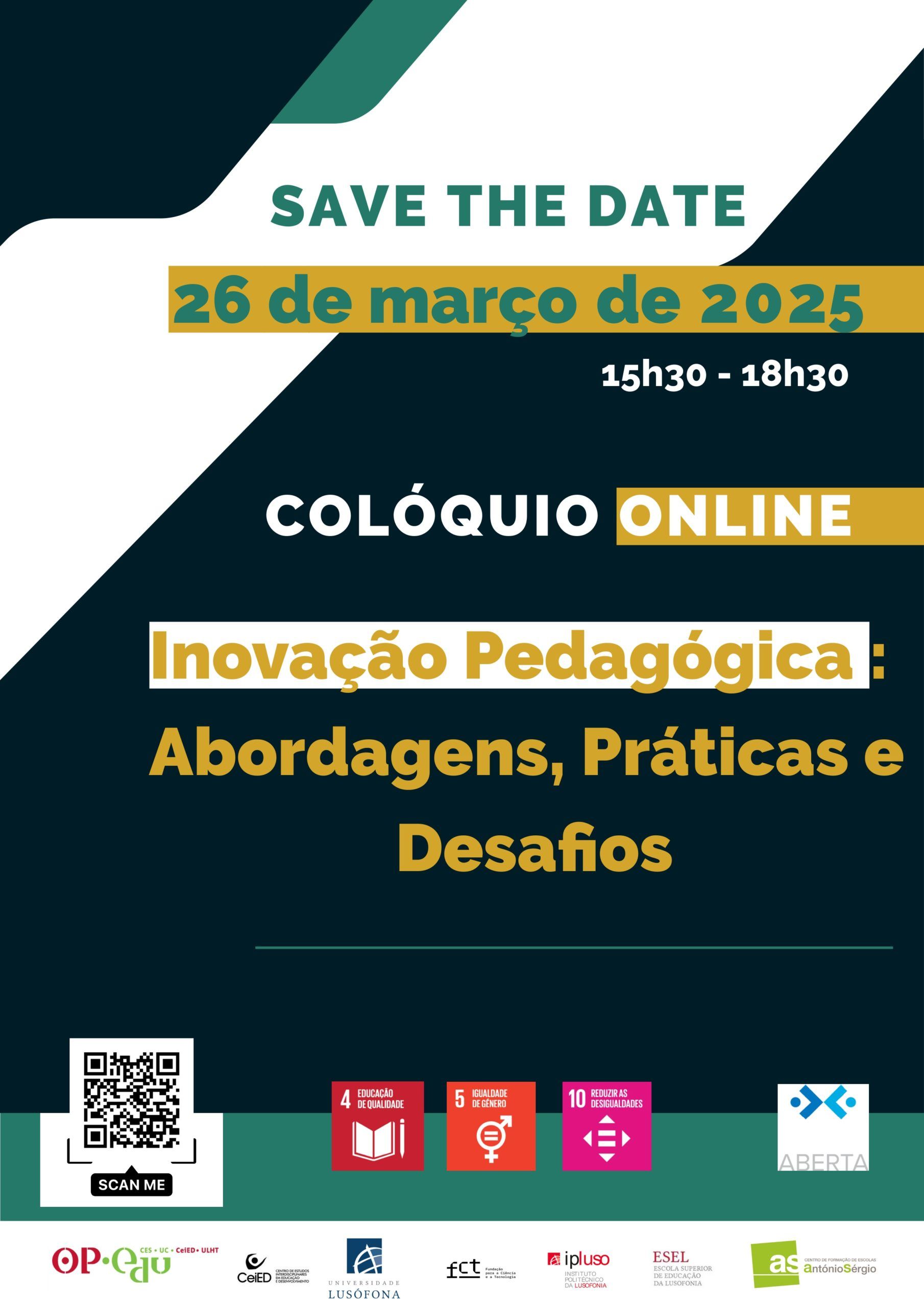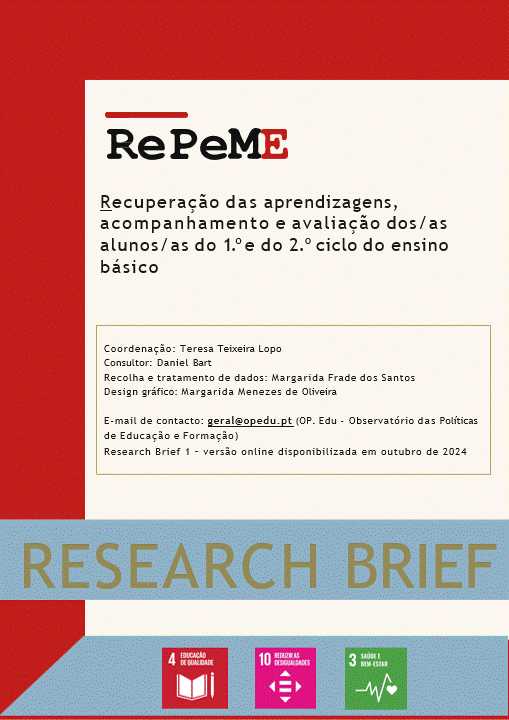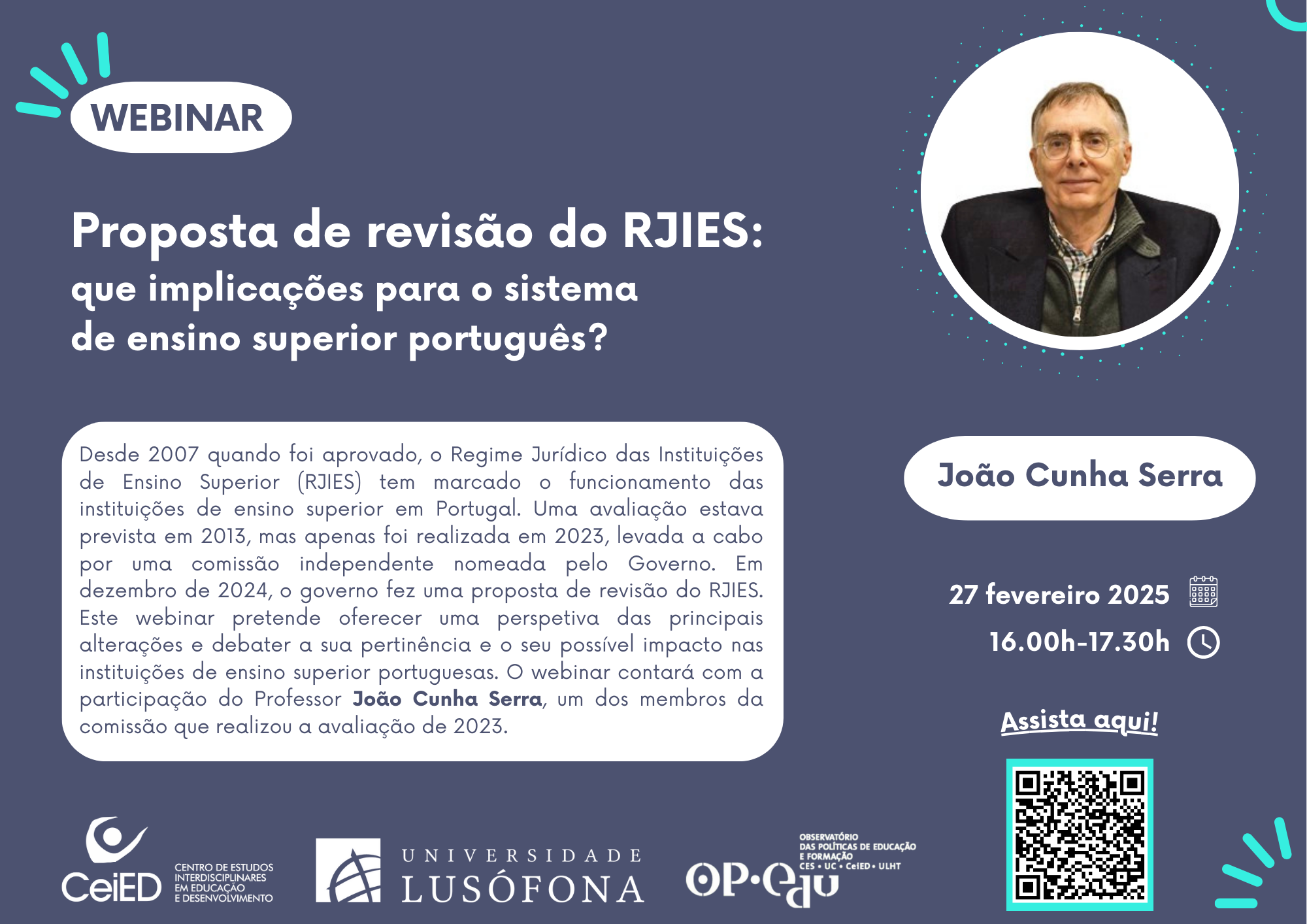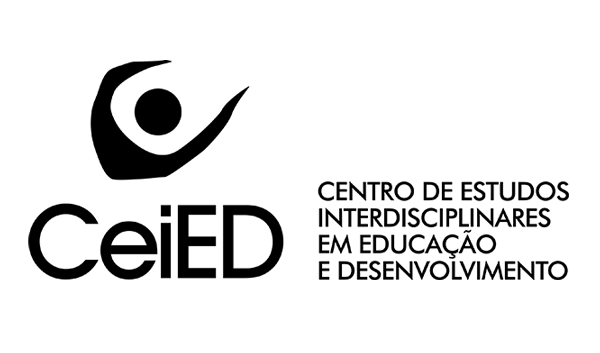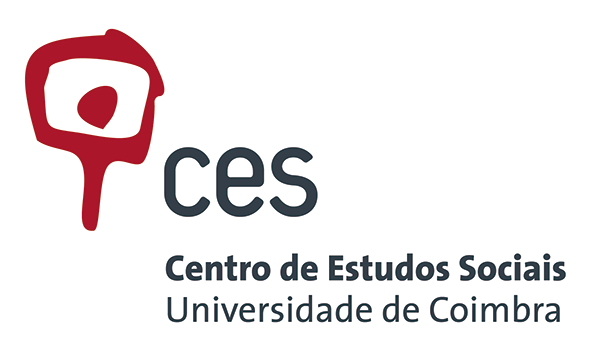Projects Concluded

The Thought of Amílcar Cabral and Education
Presentation
For Amílcar Cabral (1924-1973), education was the “first weapon” for freedom and the development of the potential and capacities of children, young people and adults, in order to put into practice dignified, fair and emancipatory life projects.
Education is an essential factor in the process of development and social transformation of the material living conditions of African societies, as a result of its impact on the economic, political, historical, cultural, ethno-linguistic and identity dimensions. In the academic and scientific communities of Portuguese-speaking African countries, there is a growing interest in the thought of Amílcar Cabral and his influence in the various fields of the social and human sciences that focus on the study of the various dimensions that influence the organisation, structuring and functioning of contemporary African societies. Similarly, in the global context, Amílcar Cabral is a recognised thinker and intellectual in academic institutions in different countries and continents.
At this time of deepening knowledge about Amílcar Cabral’s thought, the project The thought of Amílcar Cabral and Education: (re)discovering ideas, concepts and practices in the field of educational policies aims to contribute to the (re)discovery of Amílcar Cabral’s thought in the field of educational research, through an interdisciplinary approach that includes approaches from the History of Education, Sociology of Education and Education Sciences.
Objective
To contribute to a better understanding of the presence of Amílcar Cabral’s thought and his influence in the research that has been carried out in the field of education and development theories based on human capital, through the (re)discovery and (re)contextualisation of ideas, concepts and practices that can be reflected in Lusophone and global education policies.
Period
25/05/2023 to 31/12/2024
Team
- Ângela Benoliel Coutinho (Consultant)
- Arlinda Cabral
- Julião Soares Sousa (Consultant)
- Maria Neves Gonçalves
- Teresa Teixeira Lopo
Funding
Pilot project. More information, soon.

Research project RePeME awarded at the 3rd edition of the Contest Excellence in Research
The project And after the pandemic? Recovery, continuities and changes in basic education (ISCED 1) in Portugal (RePeME) achieved the 3rd place, and granted funding for the development of its activities, in the Contest Excellence in Research – Program FAZER + to Support Science and Innovation, with the jury highlighting its relevance, interdisciplinary character and scientific quality.
RePeME aims to contribute to the build-up of rigorous knowledge about the post-pandemic changes introduced in Portuguese schools of first cycle (the first four years of schooling – grades one to four) and the second cycle (the next two years – grades five and six) of basic education (ISCED 1).
The research will be developed around three main axes aiming at:
- to understand ways of apprehension – and strategies for mitigation – of school inequalities in a post-pandemic context;
- to identify opportunities for teachers’ professional development, as well as, the appropriate working conditions to ensure their well-being and mental health;
- to identify and analyze measures and actions implemented for the recovery and/or consolidation of learning, the monitoring of students and dropout prevention, and the evaluation of their learning outcomes.
As relevant innovation factors of the project, the following stand out: the development of a Barometer for data collection that allows regular monitoring, on a national scale, of the post-pandemic transformations in Portuguese primary schools, and its alignment towards the strengthening of cooperative and interdisciplinary work, backed up by the team’s skills in public policy, analysis and intervention in education, sociology of education, communication and technology, and health and psychology.
A team that will be strengthened with the participation of students from the Doctoral programs in Education and Communication Sciences, and which includes the researchers Ana António (ESEL-IPLUSO, CeiED-OP.Edu), Conceição Costa (Lusófona University, CICANT), Inês Vieira (Lusófona University, CeiED-OP. Edu), José Viegas Brás (Universidade Lusófona, ESEL-IPLUSO, CeiED), Maria Neves Gonçalves (ESEL-IPLUSO, CeiED), Paulo Sargento (ERISA-IPLUSO, CEAD, NICiTeS), Teresa Teixeira Lopo (Principal Investigator; CeiED-OP.Edu), and the consultants Daniel Bart (University of Lille, CIREL) and Filippo Pirone (University of Paris-Est Créteil, LIPHA).

RePeME – And after the pandemic? Recovery, continuities and changes in basic education (ISCED 1) in Portugal
Presentation
The project And after the pandemic? Recovery, continuities and changes in basic education (ISCED 1) in Portugal (RePeME) aims to contribute to the build-up of rigorous knowledge about the post-pandemic changes introduced in Portuguese schools of first cycle (the first four years of schooling – grades one to four) and the second cycle (the next two years – grades five and six) of basic education (ISCED 1).
Objectives
- Understand ways of apprehension – and strategies for mitigation – of school inequalities in a post-pandemic context;
- Identify opportunities for teachers’ professional development, as well as, the appropriate working conditions to ensure their well-being and mental health;
- Identify and analyze measures and actions implemented for the recovery and/or consolidation of learning, the monitoring of students and dropout prevention, and the evaluation of their learning outcomes.
Funding
ILIND/F+/EI/03/2022 – 28 837.66 EUR
Period
01/09/2022 to 31/07/2024 / An edited publication of the project’s final results is underway.
Team
- Ana António
- Conceição Costa
- Daniel Bart (Consultant)
- Filippo Pirone (Consultant)
- Inês Vieira
- José Viegas Brás
- Maria Neves Gonçalves
- Paulo Sargento
- Teresa Teixeira Lopo (Principal Investigator)
To learn more about the project click here.
All the outputs of the project are made available in the multidisciplinary Open Access digital repository Zenodo and in the Harvard University’s open-access repository Harvard Dataverse, which includes the world’s largest collection of social science research data. To access the RePeME Community click here.
Notícias / News
- Home
- Projects Concluded
